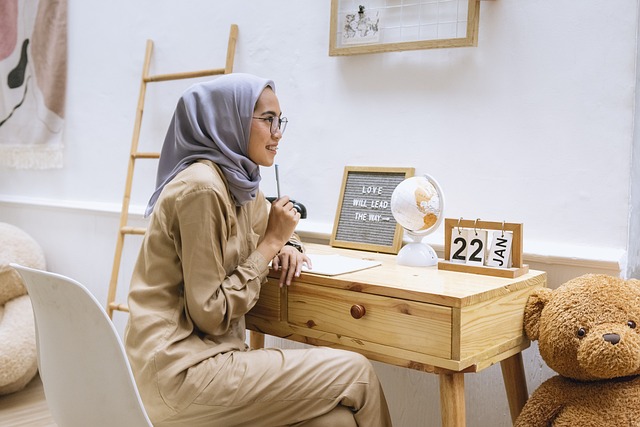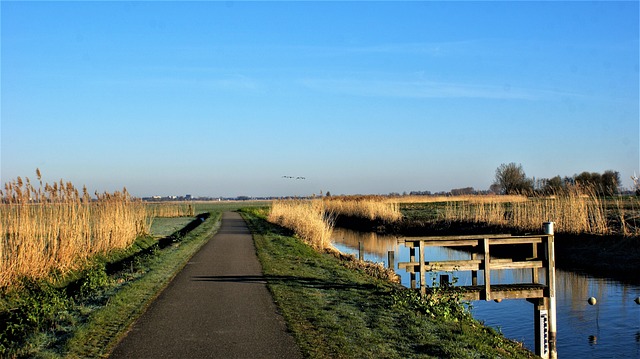I mentioned in a previous post that I had thought initially that the peripheral neuropathy that I was experiencing was a symptom of Long Covid. However, as explained in a previous post, I had discovered on investigation with my doctor that there was a structural explanation for these symptoms. In that post, I encouraged persistent exploration of symptoms with our medical practitioner because our assumptions about symptoms may be misleading.
Self-Care in the face of disinterest or denial
One of the problems in discussing Long Covid with doctors is that there is no general agreement amongst medical practitioners as to what constitutes this condition (or even that the condition exists at all) yet doctors readily accept “fibromyalgia” as a condition. Fibromyalgia, like Long Covid, involves a set of symptoms such as muscular pain, cognitive disturbance and fatigue and, in common with Long Covid, symptoms vary with each individual. In one sense, today’s patient experience with Long Covid diagnosis and treatment is similar to the experience of Lyme Disease sufferers who are faced with ignorance or denial. This experience is eloquently described in case studies by Allie Cashel in her book, Suffering in Silence: Chronic Lyme Disease in the Age of Denial.
In her book, Allie also recounts her own experience with Lyme Disease and other chronic conditions. She strongly encourages patients experiencing any form of chronic illness that is typically denied by the medical profession to persist in sharing our symptoms with our doctor until we achieve a satisfactory outcome in terms of adequate diagnosis and effective treatment options. Interestingly, she also shares her story and advice in one of the “stories shared for health” on the Healing Story Collaborative platform. Her storytelling, which includes practical hints on how to approach your doctor with difficult symptoms, is presented in her recorded conversation with Val Walker, Being Fair Reporters: Self-advocating about Chronic Illnesses with Doctors. Sometimes, self-care may require finding a medical practitioner who really listens and demonstrates that they do the necessary medical research and are across chronic health conditions such as Long Covid.
Reflection – my story to date
Previously, I discussed healing through storytelling as a way forward to recovery from chronic illness or disability. This is in addition to qualified medical treatment that may take the form of medication and/or physical intervention. As identified earlier, the problem with chronic illnesses such as Long Covid is that they contribute to a sense of isolation and can lead to depression, anxiety and other mental health issues. Suzy Bolt’s Programme, Rest, Relax, Recover, addresses the emotional and psychological aspects by providing social support and healing modalities such as mindfulness practices, breathing techniques and group discussion. In line with the healing power of storytelling, I am continuing my own story of exploration of my chronic symptoms such as peripheral neuropathy.
When searching for a medical practitioner who could help me diagnose my symptoms and suggest appropriate treatment, I came across a local doctor, David Eaton, who has dual qualifications as a General Practitioner and as an Occupational and Environmental Physician. The breadth of his qualifications was a clue for me in terms of his willingness to explore complex, chronic symptoms and openness to the potential influence of Long Covid. I have since discovered that he has several special interests that are relevant to my situation:
- Musculoskeletal medicine, physical impacts of ageing and sports injuries
- Skin conditions
- Diagnosing and managing chronic and complex medical conditions.
David initiated a comprehensive investigation of my symptoms including blood tests. Through David (via X-Ray and CT scan) I acknowledged a structural explanation of my ongoing experience of peripheral neuropathy in the form of spinal degeneration (including spinal stenosis and arthritis).
The diagnosis of my symptoms is ongoing. Compounding my current health situation is a group of symptoms that I have assumed are a consequence of Long Covid. Gez Medinger in his Long Covid Handbook identifies three sets of Long Covid symptoms experienced by people categorised as experiencing mild disease but not hospitalised when suffering Covid initially (my experience as well). The three sets of Long Covid symptoms that Gez identifies can be categorised loosely as: (1) increased intolerance to foods, (2) cognitive and physical exhaustion (including brain fog), and (3) increased heart rate (palpitations) and associated health issues. I still experience unexplained symptoms of post-exertion malaise (Category 2) and increased intolerance of certain foods (Category 1 – what was previously experienced as “food sensitivity” is now being experienced as “food allergy” with the attendant aggravation of symptoms (changing from mild to severe).
David was aware that research has supported the observation that Long Covid can increase intolerance to specific foods. He has also demonstrated that he is continuing to research the emerging literature on Long Covid – a criterion that is very welcome when seeking medical assistance with chronic and complex health conditions in our pandemic era. David also reinforced the three elements of the health triangle – physical, psychological and social – and their interdependence.
Unfortunately, many patients experience an unwillingness of their doctor to acknowledge the existence of Long Covid or to make the effort to explore the growing research and anecdotal evidence of its existence and pervasive health impacts.
As I grow in mindfulness through mindfulness practices and reflection, I can continue to challenge my assumptions, gain increased insight into my habitual behaviours, adopt appropriate self-care techniques and move to develop a new personal narrative that reflects my current situation of chronic disability. In the process, I hope to gain the acceptance that Alexia Chellun describes in her song Allowing:
I’m allowing everything to just be
As it comes to me
________________________________
Image by iqbal nuril anwar from Pixabay
By Ron Passfield – Copyright (Creative Commons license, Attribution–Non Commercial–No Derivatives)
Disclosure: If you purchase a product through this site, I may earn a commission which will help to pay for the site, the associated Meetup group, and the resources to support the blog.



